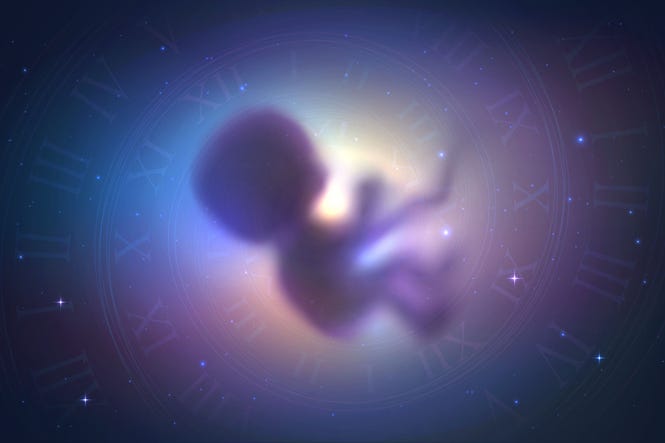
As humanity enters an era of space tourism and near future human settlements beyond Earth, scientists are starting to explore procreation in space.
SpaceBorn United, a company based in the Netherlands, is focused on making babies in space -- whether by artificial means or naturally.
"There are so many reasons to leave the Earth and to expand humanity's comfort zone," Dr. Egbert Edelbroek, SpaceBorn United CEO, told BBC Science Focus. "We're not treating Earth nicely with climate change – and there are potential problems with asteroids, artificial intelligence, even nuclear threats. It would be a good idea to have a back-up plan."
The company has developed a miniaturized IVF and embryo incubator, which is ready to be launched on a mission to assess humanity's ability to reproduce in space. A launch is currently scheduled for 2025.
SpaceBorn says its main goal is to perform conception and early embryo development in space.
"If we want to have human settlements, for example, on Mars, and if we want to make those settlements really independent, that requires solving the reproduction challenge," Edelbroek told BBC.
Edelbroek said companies have spent billions on engineering and hardware to prepare settlements on Mars, but they've ignored the "reproductive challenge."
"There will be people living there – so there's a life science part that has been in the margins," he told BBC. "We are adding to that life science research that needs to happen."
Researching and enabling stages of procreation in space also improves our understanding of reproductive biology and provides opportunities to increase the success of IVF treatments on Earth, according to SpaceBorn.
While the company is currently only focused on research involving the beginning stages of reproduction, Edelbroek said the longer-term mission is ultimately to achieve childbirth in space.
